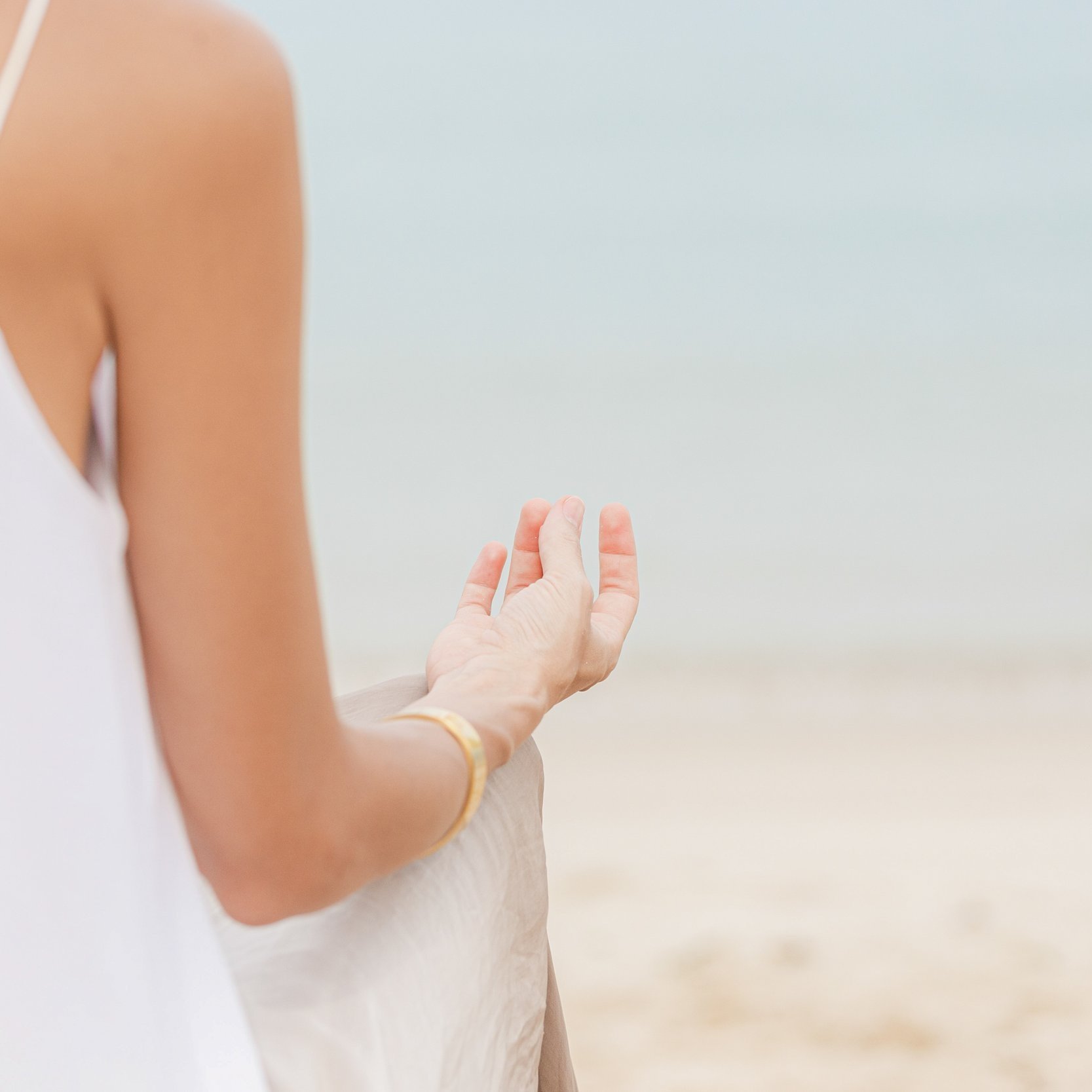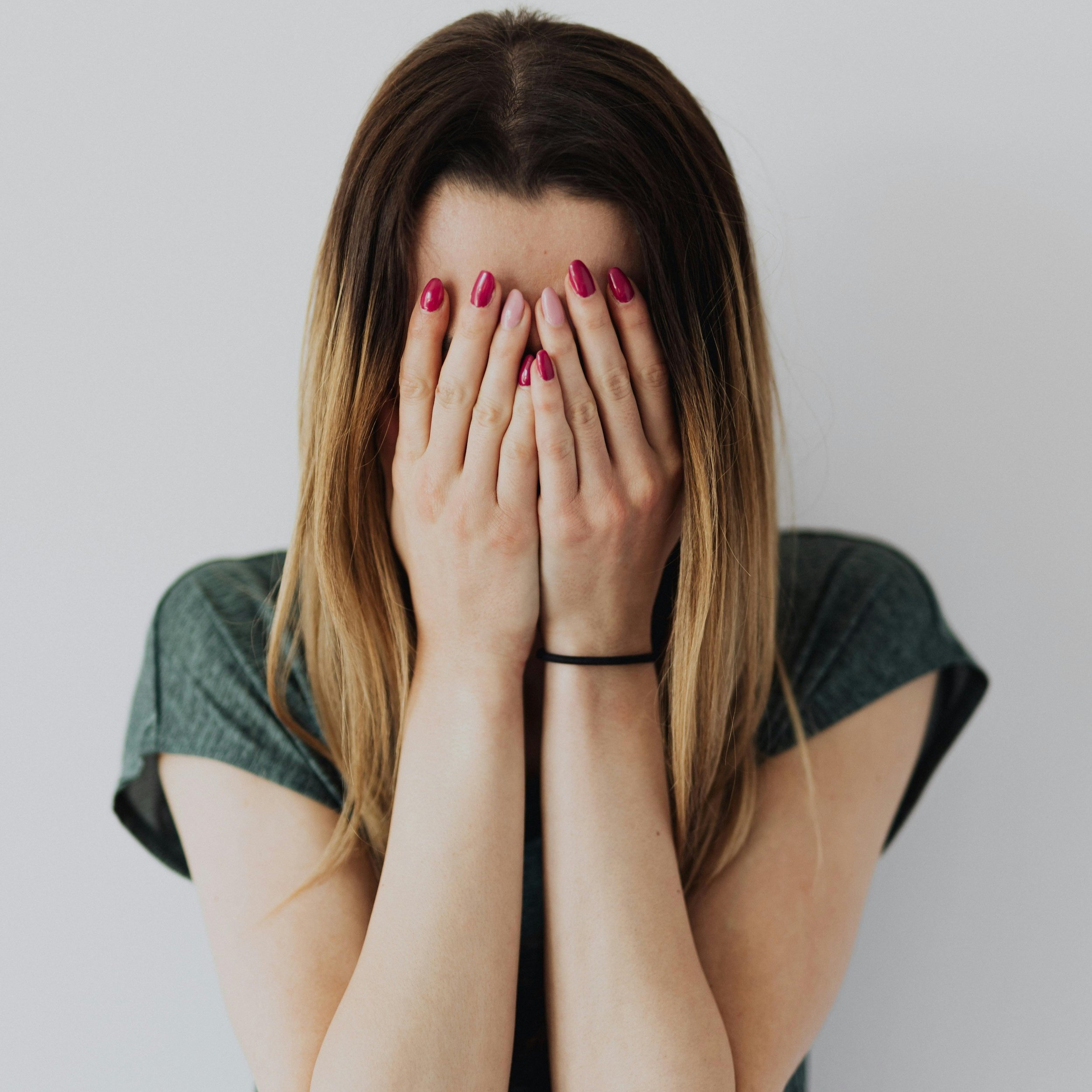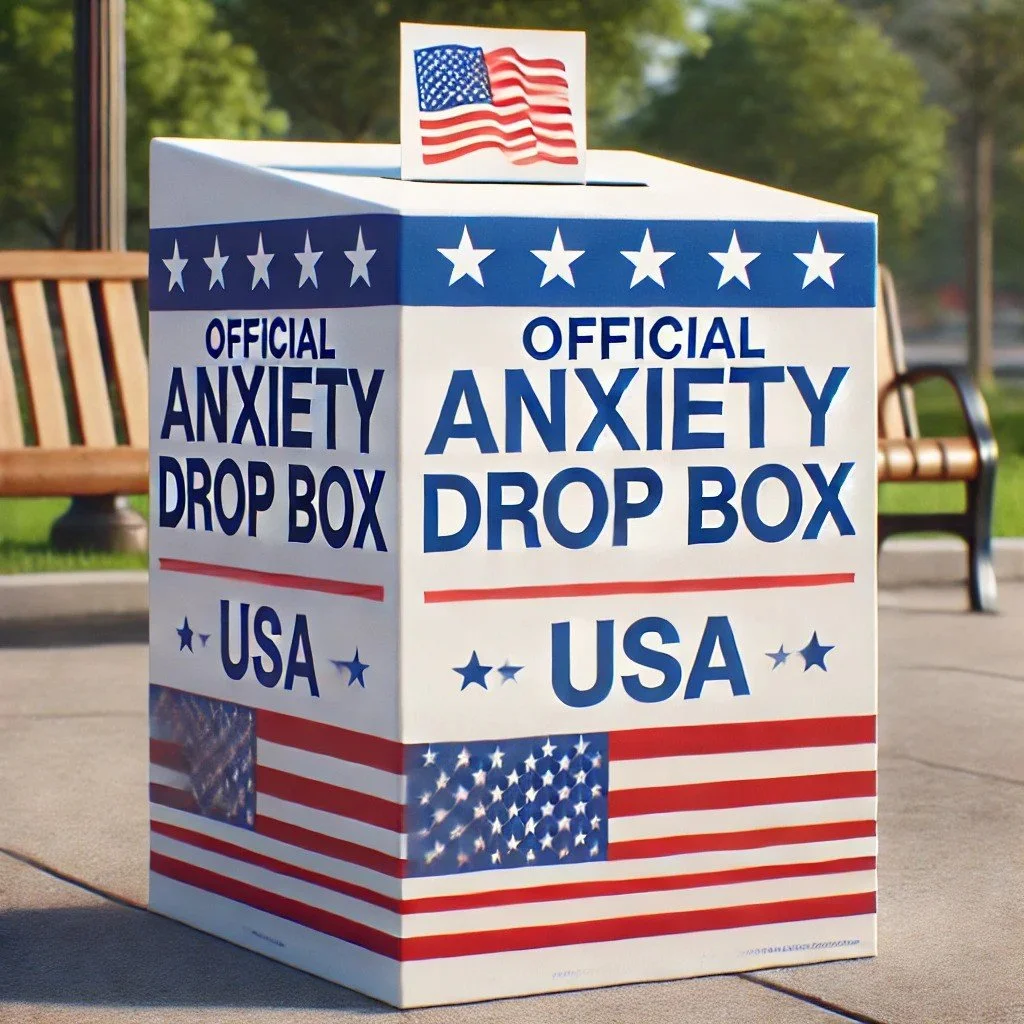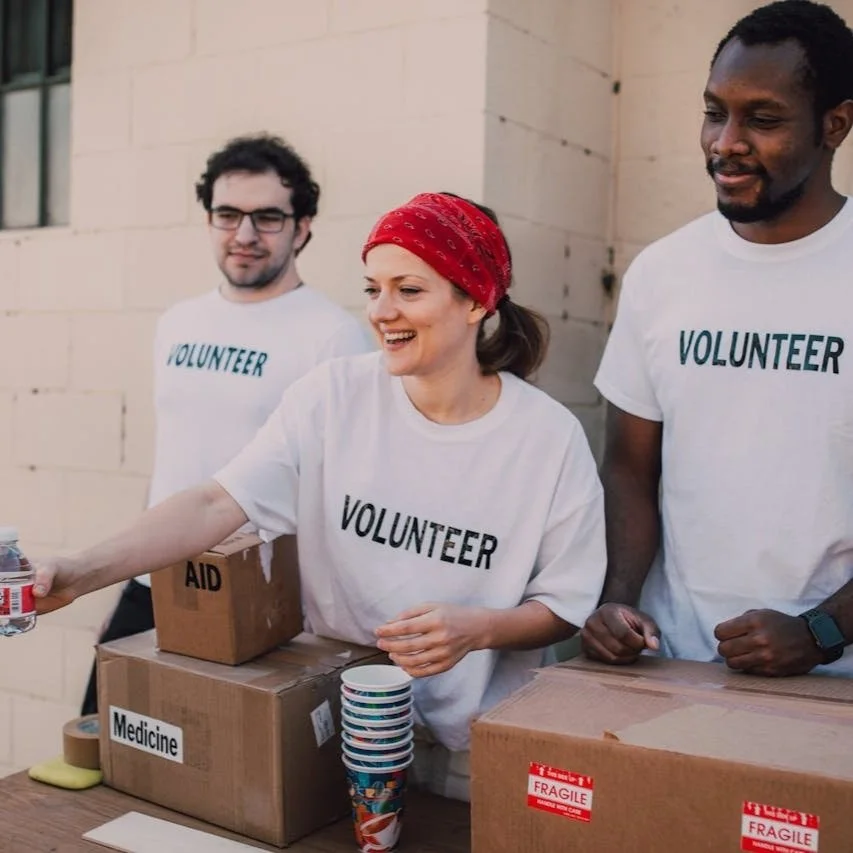9 Sneaky Reasons Your Anxiety Isn’t Getting Better
Anxiety isn't usually a welcome guest. While a small amount of anxiety can keep us alert and planning for the future, higher amounts aren't fun or helpful. If you've been trying to lower your anxiety for a while and nothing is helping, you're probably frustrated. If you've been working with an anxiety therapist, this frustration is probably significant. Why isn't treatment working? Here are some sneaky reasons nothing is bringing your anxiety down and what you can do about it.
1. You're Managing Symptoms, Not Treating The Root Cause
If you've got a faucet that leaks at the base, you're going to be mopping up water until it's fixed. It's the same with anxiety. Mopping up the water - your symptoms - isn't the same as finding the leak and fixing it. Though some people do experience free-floating anxiety, many can find root causes with some help. Addressing these root causes is your best chance at living with low-to-no anxiety in the future. Our anxiety therapists take a holistic approach to treating anxiety, incorporating the mind, body, and important relationships into your treatment. This can take time, but is profoundly satisfying.
2. Hidden Medical Causes
If the root cause of your anxiety is medical, working with an anxiety therapist isn't likely to work. There are many medical issues that can cause or mimic anxiety. Some common ones are thyroid issues, vitamin and mineral deficiences, hormonal shifts like pubery and perimenopause, and postpartum issues. Our anxiety therapists recommend that people with anxiety get a thyroid, vitamin D, and iron level test to rule out common medical causes. If it's a medical issue, therapy is going to feel like pushing a boulder up a hill alone. For many of these medical issues, there are effective treatments that take little to moderate effort. Combined with therapy, you'll feel a lot better. But if you don't address the medical issue, progress will stall completely.
3. It's Not Actually Anxiety
Whaaaat?!? Of course it's anxiety! Your heart's beating fast and your thoughts are racing and the discomfort you feel is SO real.
But anxiety symptoms can also be caused by other mental health issues.
OCD Masking As Anxiety
OCD is often mistaken for anxiety. It's also a commonly misunderstood diagnosis. OCD is not just a preference for order and routine and an affinity for handwashing. In fact, many people with OCD don't have any observable "compulsions" like checking the stove or locks ten times. OCD is a cluster of experiences, including racing and circular thoughts, big spikes in anxiety, and soothing internal rituals. We hear from many people with OCD that their baseline for anxiety on any given day is about a 4 out of 10. If you're been trying treatments and therapy for anxiety for a while with no progress, talk to an OCD specialist about your experience.
Trauma Masking As Anxiety
PTSD is another diagnosis often mistaken for anxiety. The hypervigilance, insomnia, and general unease after trauma looks and feels similar to anxiety. If your anxiety started within 30 days of a scary or upsetting event, your anxiety therapist should consider if trauma could be masking as anxiety. Even if you didn't have a single event that sparked anxiety, trauma can be pervasive and create deep discomfort that feels like anxiety. Our trauma therapists are trained in EMDR therapy and can help you identify which traumas are keeping you on edge.
ADHD Masking As Anxiety
ADHD is often misunderstood as a condition only younger boys have. But all genders and ages can and do have ADHD. It looks different in different people; some people have high energy, while others are more dreamy. Some people experience a constant, low-level agitation that feels like anxiety. If you find it difficult to concentrate, feel scattered, and feel shame about your executive functioning, consider getting an assessment.
4. You're Drinking Too Much Caffeine
We're not going to pry your iced latte from your hands. We know coffee and tea are some of the most reliable joys in life. But if you're predisposed to anxiety, caffeine may not be as good a friend as you think. Try cutting back little by little. Most coffee shops and roasteries have a "half-caff" option. Taper little by little. Set a "last call" time, after which you won't have any more (we recommend before 2pm.) Keep track of your caffeine intake and see if it's correlated to anxiety. The great news is that decaf iced lattes taste just as good.
If you don't think you're affected by caffeine much, it's still worth experimenting with decreasing. It may be sneakier than you think. It's also possible your body metabolizes caffeine differently than other people.
As an aside, some people who don't experience the typical effects of caffeine have ADHD. Caffeine is a stimulant, so it acts similarly to stimulant drugs prescribed to treat ADHD.
5. You're Taking A Medication That Causes Anxiety
Some medications, such as Wellbutrin, stimulants, steroids, antifungals, and other prescriptions, can make anxiety worse. Don't stop taking them without talking to your medical provider. But definitely ask your provider if any of your medications might be making your anxiety worse. They may have an alternative medication or want adjust your dosage. If it's not possible to change your medication or adjust your dosage, therapy can help you build skills to manage the anxiety.
6. You're Sensitive To The Chemical Effects of Alcohol & Other Substances
In the moment, alcohol usually lowers anxiety. But in the long run, it makes it worse because alcohol is a neurotoxin and depressant. It can mess up the balance of neurotransmitters in your brain. If you notice your anxiety is worse the day after a night out, that's a sign that depressants like alcohol have an impact on your anxiety. If this is the case for you, make informed choices about when and how much you drink. For some people, even one drink can create next-day jitters and racing thoughts. Proceed accordingly, and figure out your favorite mocktails for high stress points, like the night before a big work event or travel.
Other substances can also have a significant impact on your anxiety. Marijuana may similarly have a short term positive but long term negative effect on anxiety. Cocaine and other stimulants will create big spikes of neural activity, followed by leveling out and depletion. This is also true of ecstasy and some psychedelics, as well as opioids and barbiturates.
7. You're In A Toxic Environment
We mean this both figuratively and literally. As in, your relationships and your physical environment can make you anxious.
Healthy relationships are the foundation of a calm life, and not having them can create anxiety. If you're in an unsupportive relationship or household, or working in a negative work environment, you'll feel anxious. It's also often difficult to leave these situations. Exploring your relationships to others and to work with a therapist can help you determine if they might be the root cause of your anxiety.
Let's also talk about mold. Yes, mold. Environmental toxins like mold and mildew can impact your immune system, lungs, and brain health, causing anxiety. If you're anxious and you know there's mold in your house, try to get it abated or move. Your body and mind will thank you for it.
8. You've Got An Attachment Wound
Attachment wounds happen early in life when our caregivers are not able to be consistently responsive to our needs. This absence of secure foundation can create a lot of anxiety later in life. It rears its head most fiercely in relationships. You might find yourself desperately trying to avoid being abandoned, or protecting yourself from being vulnerable to anyone. Neither path feels good or calm. The great news is that attachment wounds can be healed, particularly with psychodynamic and holistic therapy.
9. You're Unsure It's Safe To Get Rid of Anxiety
As you're reading this, there's probably a small part of you that's worried your anxiety is the only thing protecting you. To some extent, it is protecting you. Our anxiety keeps us alert to our surroundings and helps us plan for the future. But it's doing too good of a job at the moment. At a higher level, anxiety is unhelpful and doesn't protect us. We can turn down the volume without turning it off.
If you're not feeling ready to let go of some of your anxiety, you might not be benefitting from treatment as much as you could be. We understand that timing is everything. We can help you get ready if you want to be there.
Work With A Great Anxiety Therapist In California or Florida
If you're ready to explore all of the above with a therapist who knows anxiety inside and out, book a free consultation with us. You'll chat directly with one of our therapists about what's going and and we'll share how we can help. You deserve to feel calmer and enjoy your life more.





























